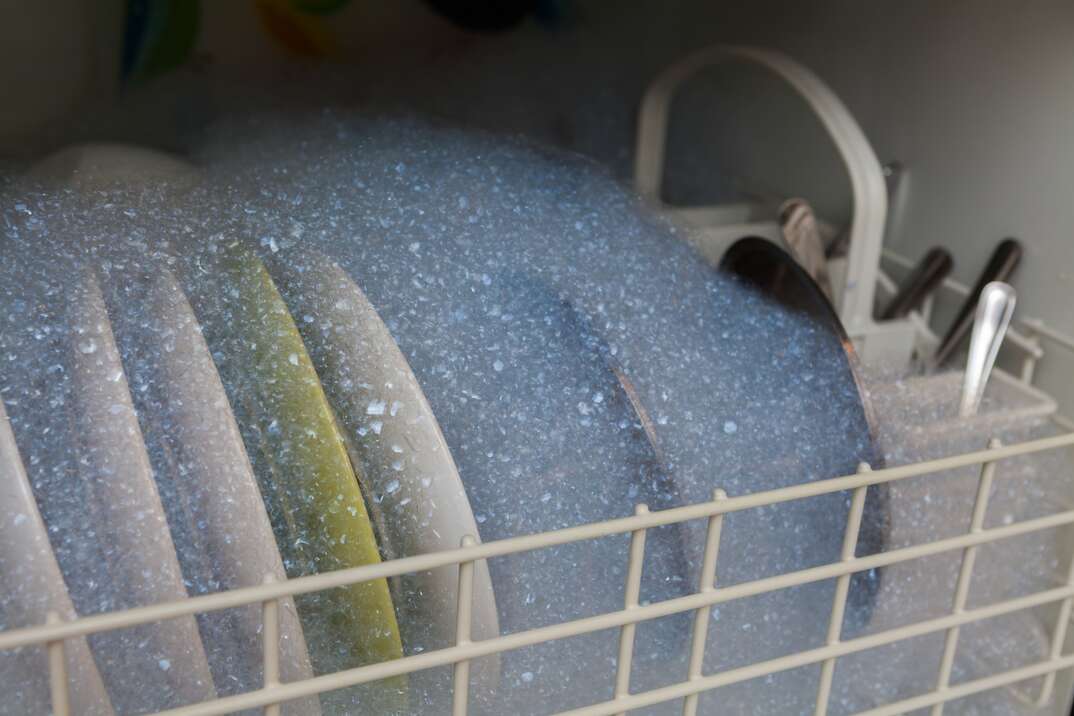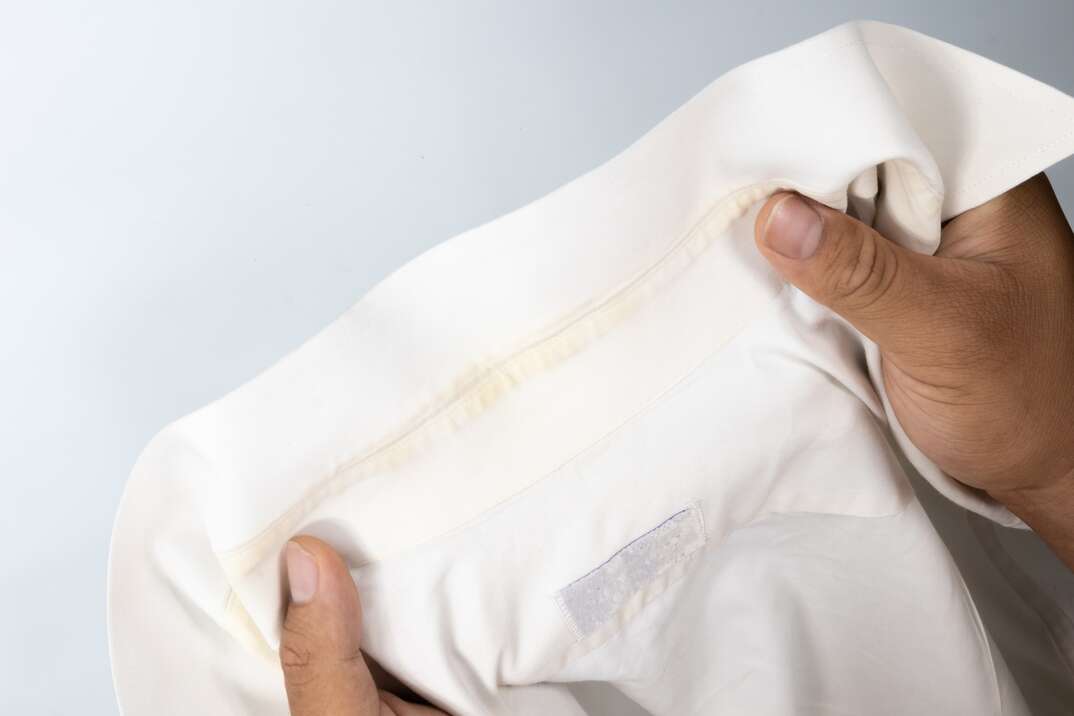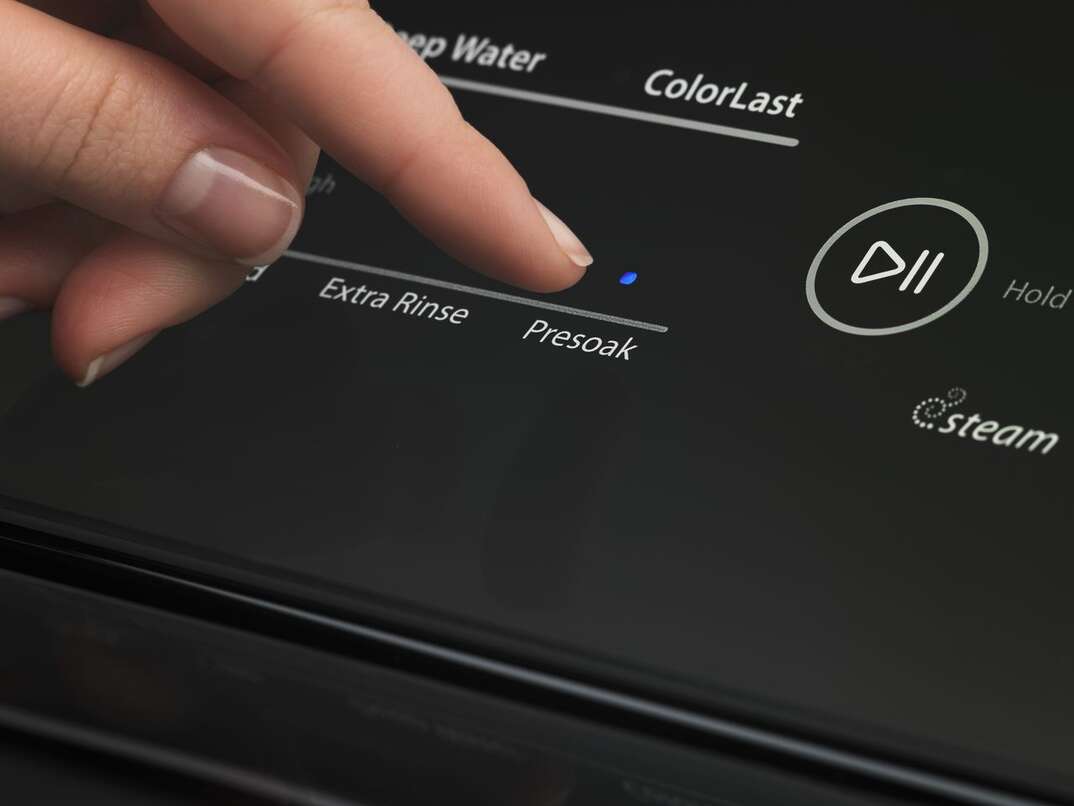What Happens When You Use Too Much Detergent in Your Dishwasher?

It's tempting to think that the more dishwasher detergent you use, the cleaner your dishes will be.
This May Also Interest You: Weird Sound Coming From the Dishwasher? How to Diagnose Dishwasher Noises
However, using too much detergent in your dishwasher can lead to a host of problems, from sudsy overflows to residue-ridden dishes — not to mention potential damage to the dishwasher itself.
What Happens When You Add Too Much Detergent?
When you use too much detergent in your dishwasher, two main issues can occur: overflowing suds and soap residue on dishes.
Dishwasher detergent is designed to create minimal suds to effectively clean dishes in a high-pressure environment. However, when excessive detergent is used, it creates an abundance of suds that the dishwasher can't handle. This results in suds overflowing, sometimes even spilling out from the dishwasher.
The excess detergent can also result in a soapy residue that will remain on your dishes. This residue often manifests as a white, chalky substance which can give dishes a dull appearance and gritty texture that can be particularly noticeable on glassware.
Is It Bad for the Dishwasher?
Along with affecting your dishes and causing a mess, the excess suds can cause a cascade of issues that can affect the dishwasher’s functionality and longevity.
The excess suds can interfere with the dishwasher’s moving parts, like the drain and spray arms, hindering the flow of water and impairing the dishwasher’s cleaning efficiency. Additionally, using more detergent than necessary can have a corrosive effect on the dishwasher’s various parts, causing them to deteriorate more rapidly than normal. Finally, if the suds spill out of the dishwasher, they can reach electrical components, which can potentially damage them or create a safety hazard.
All of these effects can contribute to a reduced lifespan of your dishwasher, possibly leading to expensive repairs or even a full replacement.
More Related Articles:
- Install a Dishwasher Yourself: A 10-Step Guide
- How Much Does a Dishwasher Cost?
- The Filth Shall Get Them Clean: Why You Don’t Need to Pre-Rinse Your Dishes
- What’s the Deal With Countertop Dishwashers?
- How Much Do Countertop Dishwashers Cost?
How Do You Fix It?
If you've used too much detergent in your dishwasher, follow these steps to clean it:
Step 1: Stop the Dishwasher
If your dishwasher is still running and overflowing with suds, stop the cycle and turn it off.
Step 2: Remove the Dishes
If there are dishes in the dishwasher, remove them. You may need to rinse them off manually to remove excess soap suds or residue.
Step 3: Remove Excess Suds
Open the dishwasher and use a container or towel to remove as many of the suds as you can.
Step 4: Run a Rinse Cycle
With the dishwasher empty, close the door and run a rinse cycle. This will help flush out any remaining detergent or suds from the machine.
Step 5: Clean With Vinegar
If there's still suds and soap residue inside the dishwasher, you can run a cleaning cycle with white vinegar. Place a cup of white vinegar in a dishwasher-safe container on the upper rack of the machine and run a normal wash cycle. The vinegar will help to break down the detergent.
Step 6: Inspect and Clean Filters and Traps
Check the filters and traps of the dishwasher and clean them if necessary. Excessive soap can clog these elements and reduce the efficiency of your dishwasher.
Step 7: Dry and Ventilate
Once you've thoroughly cleaned your dishwasher, leave the door slightly open to allow it to air dry.
Can You Use Regular Dish Soap in a Dishwasher?
If you ran out of dishwasher detergent, and you’re considering using regular dish soap instead, you may want to think again.
Dishwasher detergent and regular dish soap are formulated differently, each designed for specific cleaning environments. Dishwasher detergent is meant for the high-pressure, high-heat environment of a dishwasher and is low-sudsing, which is crucial for a machine that's sealed shut during operation.
On the other hand, regular dish soap is designed for handwashing dishes and produces a lot of suds. If used in a dishwasher, the high-sudsing nature of regular dish soap can cause a similar condition to using too much detergent.
In addition, regular dish soap may not thoroughly clean your dishes when used in a dishwasher and could leave a soapy residue. This is because dish soap is not designed to work with the high temperatures and spray force of the dishwasher's wash cycle.
If you accidentally put dish soap into your dishwasher, follow the steps outlined above to clean it out.


